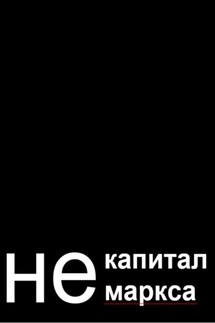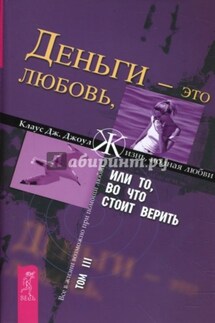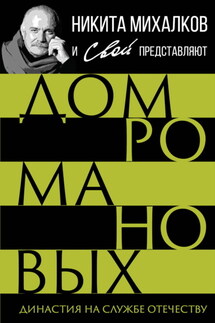The General Theory of Capital: Self-Reproduction of Humans Through Increasing Meanings - страница 61
Collapses and dark ages also create conditions for meaning drift. Meaning drift is a random change in the frequency of a meaning due to the small population among which this meaning is common. Meaning drift results in a small number of meanings being distributed among a disproportionately large number of people. After their dark ages, the Greeks did not return to Linear B script but adopted the Phoenician alphabet (cf. Scott 2017, pp. 147-8).
Collapses break down the dead ends of cultural evolution and open up paths to meanings that allow for more efficient adaptation. The division of activity, order and active power enables the creation of new counterfacts. The traditional choice between counterfacts, in turn, increases the variety of men and meanings, albeit slowly:
“It is, then, not simply more men, but more different men, which brings an increase in productivity. Men have become powerful because they have become so different: new possibilities of specialization depending not so much on any increase in individual intelligence but on growing differentiation of individuals—provide the basis for a more successful use of the earth’s resources” (Hayek 1988-2022, vol. 1, pp. 122-3).
The evolution of meanings accelerated due to the accumulation of cultural experience and the expansion of the set of counterfacts on the basis of which the traditional choice was made. Traditional society and order became more complex. As socio-cultural development progressed, the multiplicity and mass of activities required for the reproduction of culture-society gradually exceeded the multiplicity and mass of activities required for the reproduction of individuals. In other words, the complexity of the culture-society increasingly surpassed the complexity of its individuals. Since the mass of added activity exceeded the mass of necessary activity, a difference arose between them—surplus activity and surplus product.
“If the laborer wants all his time to produce the necessary means of subsistence for himself and his race, he has no time left in which to work gratis for others. Without a certain degree of productiveness in his labor, he has no such superfluous time at his disposal; without such superfluous time, no surplus labor and therefore no capitalists, no slave-owners, no feudal lords, in one word, no class of large proprietors” (Marx and Engels 1975-2004, vol. 35, p. 512).
The entire product is made in production, but its division into necessary and surplus products occurs in circulation, in the relations of gift-giving, redistribution and commodity exchange. This means that the growth of surplus activity and surplus product is linked not only to the division of activity and active power, but also to the division of order: chiefdoms and states based on voluntary and forced tributes evolved as they “learned” to increase and extract the surplus product:
“The imperative of collecting people, settling them close to the core of power, holding them there, and having them produce a surplus in excess of their own needs animates much of early statecraft. … The means by which a population is assembled and then made to produce a surplus is less important in this context than the fact that it does produce a surplus available to nonproducing elites. Such a surplus does not exist until the embryonic state creates it. Better put, until the state extracts and appropriates this surplus, any dormant additional productivity that might exist is ‘consumed’ in leisure and cultural elaboration. Before the creation of more centralized political structures like the state, what Marshall Sahlins has described as the domestic mode of production prevailed” (Scott 2017, pp. 171-2).







